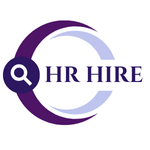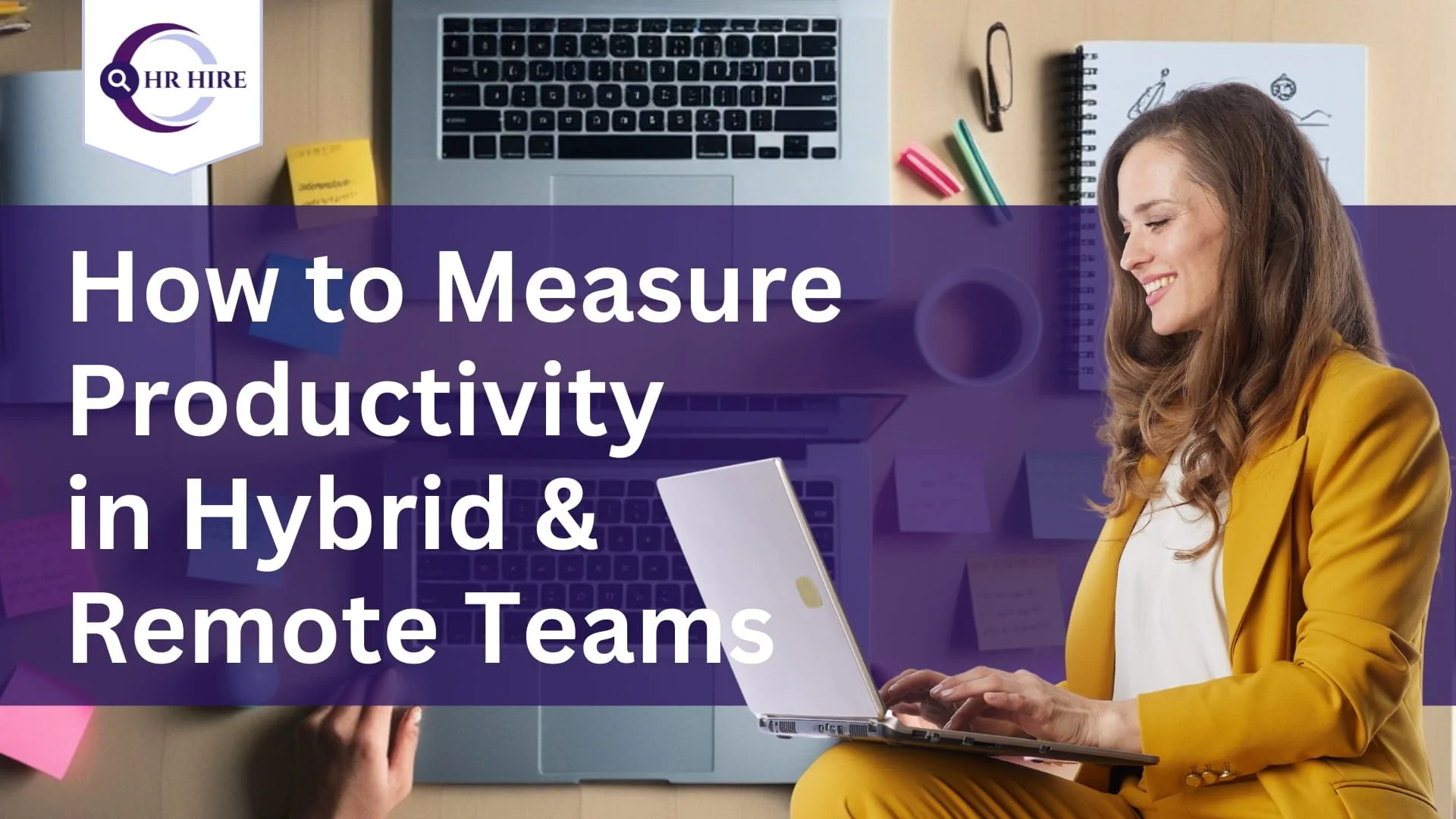What are the different types of HR roles?
HR roles vary depending on the size and structure of the organisation.
Whether you're just entering the profession or looking to progress to a senior role, understanding the various types of HR roles is key to planning your career in the Irish market.
Generalist vs Specialist roles
HR roles are broadly divided into generalist and specialist functions. Generalist roles involve a wide range of HR responsibilities across the employee lifecycle; specialist roles focus on specific areas such as recruitment, learning and development, or employee relations.
In smaller organisations, HR generalists are often the first point of contact for all HR matters; in larger organisations, teams are more likely to be structured with distinct specialist roles.
Core types of HR roles in Ireland
Here are some of the key HR roles commonly found in the Irish labour market:
1. HR Administrator / HR Assistant
These are entry-level roles ideal for those starting out in HR. Tasks typically include updating HR systems, organising interviews, maintaining employee records and supporting onboarding processes. A qualification in HR or business administration is often preferred but not always essential.
2. HR Generalist
This role spans recruitment, employee relations, absence management, HR policy, and compliance. It suits professionals with strong multitasking skills and a sound understanding of employment legislation in Ireland.
3. HR Business Partner (HRBP)
HRBPs work closely with senior management to align HR strategies with business goals. This role requires strong commercial awareness, strategic thinking, and excellent interpersonal skills. Most HRBP roles in Ireland require several years' experience and a CIPD qualification.
4. Talent Acquisition / Recruitment Specialist
These professionals manage the hiring process; sourcing, screening and selecting candidates. They may work in-house or within HR recruitment agencies. Knowledge of the Irish labour market, recruitment platforms, and interview techniques is crucial.
5. Learning and Development (L&D) Specialist
L&D professionals design and deliver training programmes that support staff development and organisational growth. This role has grown in importance as Irish employers invest in upskilling to meet changing workforce needs.
6. Employee Relations (ER) Advisor
ER roles focus on managing workplace issues such as disciplinary processes, grievances, and conflict resolution. A solid understanding of Irish employment law is essential here, along with communication and negotiation skills.
7. HRIS / HR Data Analyst
As HR becomes more data-driven, there’s increasing demand for professionals who can analyse workforce data, manage HR systems, and generate insights. These roles require technical skills and attention to detail.
8. Compensation and Benefits Specialist
This role focuses on designing and managing pay structures, bonuses, pensions, and employee benefits. Knowledge of benchmarking, reward strategy and compliance is key.
9. Diversity, Equity and Inclusion (DEI) Officer
A growing number of Irish employers now have dedicated DEI roles. These professionals drive inclusion policies, promote workplace diversity, and ensure compliance with equality legislation.
10. HR Manager / HR Director
These senior-level roles oversee the full HR function, set strategy, manage teams and advise senior leadership. Extensive HR experience, leadership skills, and a Level 8 or Level 9 qualification (e.g. MSc HRM) are typically required.
What route is right for you?
Your route into HR will depend on your background, qualifications and interests. If you’re a natural communicator who enjoys people-facing roles, recruitment or employee relations may suit you. If you’re analytically minded, HR data or compensation could be the right fit. Some professionals move laterally within HR; others specialise early on. What's important is staying flexible and keeping your professional development current.
If you're looking to break into HR recruitment Ireland, for instance, employers often prioritise people with strong interpersonal skills, client focus and the ability to understand role fit and organisational culture. Many HR recruiters build on previous experience in sales, operations or administration.
| Qualifications are just one part
of the story |
At HR Hire, we’ve placed candidates in every HR role you can think of, from first-time administrators to directors of global people strategy. What I’ve learned is that while the job titles vary, the core strengths often remain the same; integrity, good judgement, emotional intelligence and adaptability. We’ve had clients choose candidates not just because of qualifications or sector experience, but because they had the confidence and credibility to influence others.
If you’re considering a move into HR or looking to specialise, start by exploring where your strengths align with business needs. And don’t be afraid to try something new; HR is one of the few functions where you can build a long career by evolving with the profession
Looking to step into a new HR role?
Whether you’re looking for your first HR job or hoping to move into a specialist position, we can help. HR Hire works with employers across Ireland to match HR professionals with roles where they can make an impact.









